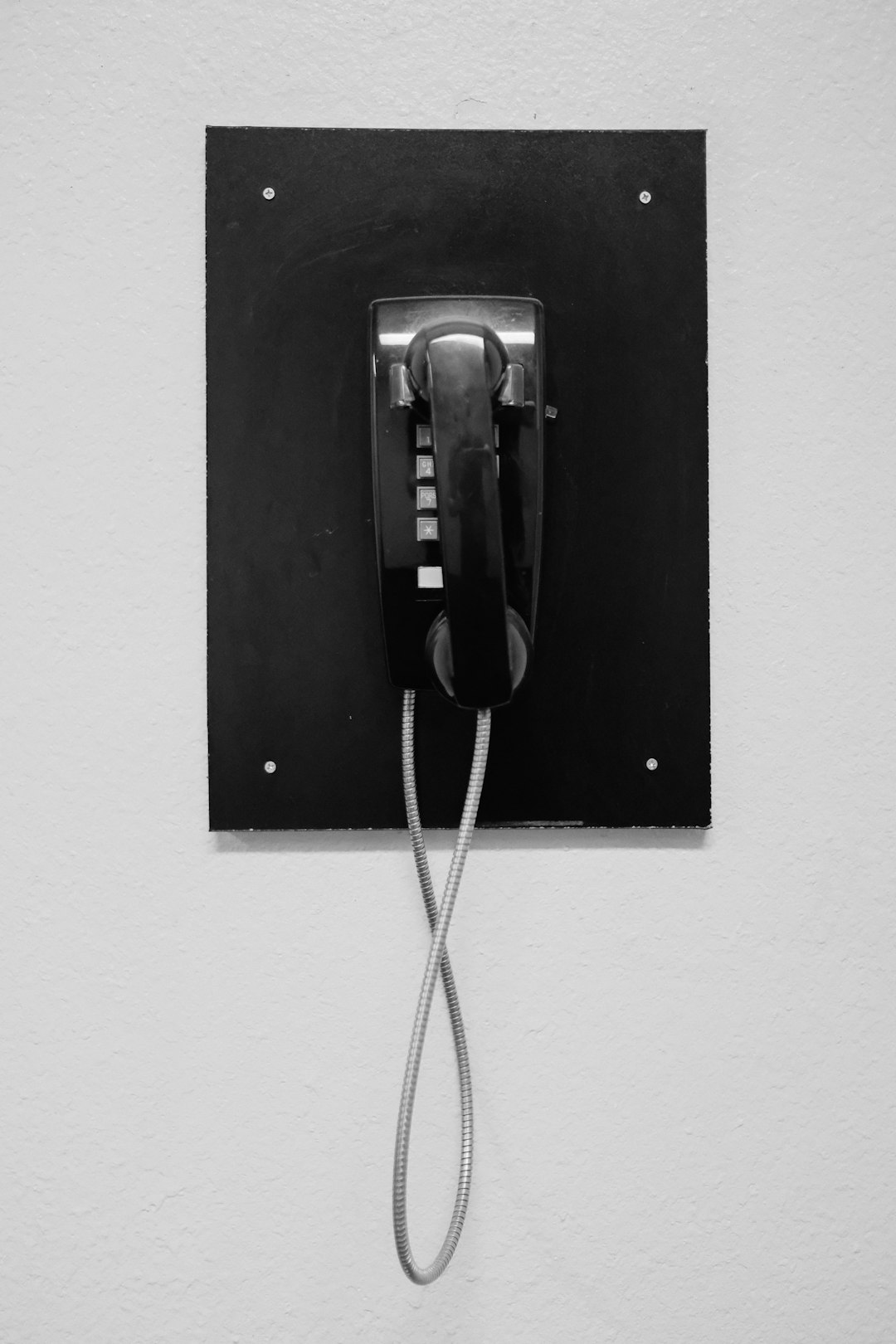Rhode Island's strict debt collection laws protect both debtors and collectors, ensuring fair practices. Debtors have rights to validate and dispute debts, while collectors must verify debt validity, send certified notices, respect communication limits, and seek legal counsel from specialists in Rhode Island's regulations. A specialized lawyer navigates this complex framework, providing guidance on invalid practices, inaccurate reports, and negotiations, ultimately protecting financial interests under state law. Choosing such a lawyer is key for managing debt collection issues effectively and adhering to Rhode Island's stringent legal standards.
Rhode Island’s debt collection laws are stringent, designed to protect both debtors and collectors. This comprehensive guide navigates the legal landscape, providing a step-by-step overview for debt collectors operating within the state. From understanding the laws to recognizing common issues, we outline the rights of debtors and the importance of ethical collection practices. Additionally, we explore how retaining a lawyer specializing in Rhode Island’s debt collection laws can offer crucial guidance and advocacy for all involved parties.
Understanding Rhode Island Debt Collection Laws
Understanding Rhode Island Debt Collection Laws is crucial when navigating this process as a debtor or a debt collector. The state has established guidelines to protect consumers and ensure fair practices in debt collection. These laws cover various aspects, including how debt collectors can communicate with individuals, the type of information they may disclose, and the overall behavior expected during the collection process.
In Rhode Island, a lawyer for debt collectors must adhere to strict regulations. They are prohibited from using abusive, false, or deceptive means to collect debts. This includes threatening language, misrepresenting the debt’s amount or nature, or engaging in harassment. Debtors have rights too; they can request validation of the debt, dispute it if inaccurate, and limit communication through written correspondence. Knowing and understanding these laws is essential for both parties to ensure a lawful and respectful debt collection process.
Steps for Debt Collectors to Follow Legally in RI
In Rhode Island, debt collectors must adhere to specific legal guidelines outlined in the state’s debt collection laws. Here is a step-by-step framework for debt collectors to navigate these regulations:
1. Verify Debt Validity: Before engaging with the debtor, collectors should ensure the debt is legitimate and verify its accuracy. This involves obtaining valid documentation and confirming the details with the original creditor.
2. Provide Proper Notice: According to Rhode Island laws, debt collectors must provide written notice to debtors. This notification should include information about the debt, the collector’s identity, and the legal rights of the debtor. Sending this notice by certified mail ensures proper delivery and creates a paper trail.
3. Respect Debtor’s Rights: Debt collectors in RI must respect the debtor’s rights as outlined by law. This includes not contacting them at inappropriate times or places, providing a means to dispute the debt, and allowing debtors to request validation of the debt.
4. Fair Collection Practices: Collectors are bound by ethical standards to ensure fair collection practices. They should refrain from using abusive, unfair, or deceptive methods when attempting to collect a debt. This includes avoiding false or misleading statements and respecting the debtor’s privacy.
5. Seek Legal Counsel: To ensure compliance with Rhode Island lawyer for debt collector laws, collectors may consult legal experts specializing in debt collection regulations. This is particularly important when dealing with complex cases or when seeking guidance on how to handle certain situations, such as when a debtor files for bankruptcy.
Rights of Debtors Under Rhode Island Law
In Rhode Island, debtors enjoy several protections under state law that govern debt collection practices. A lawyer for debt collectors in Rhode Island must adhere to strict regulations designed to ensure fairness and transparency. Debtors have the right to be informed about the amount they owe, the identity of the creditor, and the legal basis for the debt. They are also protected from false or misleading statements, threats, or harassment during the collection process.
Additionally, debtors can request validation of the debt, meaning they have the right to confirm the accuracy of the information provided by the debt collector. This is a crucial step that allows individuals to challenge any inaccuracies and ensure they are being treated fairly. Rhode Island law also sets limitations on the time a debt collector can contact a debtor, as well as the overall frequency of those communications, further safeguarding debtors’ rights.
Common Issues and How a Lawyer Can Help
Many individuals and businesses in Rhode Island face common issues with debt collection, making it crucial to understand one’s rights and options. One of the primary challenges is navigating the intricate legal framework surrounding debt collection practices, which can be complex and often confusing. A lawyer specializing in debt collector laws in Rhode Island can provide much-needed guidance. They can help clients understand their rights under state law, ensuring fair treatment throughout the process.
Additionally, a legal professional can assist in addressing various issues, such as invalid or harassing collection practices, inaccurate information in credit reports, and unreasonable demands for payment. They can also represent clients during negotiations with debt collectors, ensuring favorable outcomes and protecting their financial interests. Having an advocate on your side is invaluable when dealing with potentially stressful and legal complexities related to debt collection.
Choosing the Right Lawyer for Your Debt Collection Case in RI
When it comes to navigating complex Rhode Island debt collection laws, having the right legal representation is paramount to protecting your rights and achieving a favorable outcome. Choosing a lawyer who specializes in debt collection law in RI ensures that you have an expert on your side who understands the nuances of state regulations and can guide you through the process effectively.
Look for attorneys with a proven track record in handling similar cases, extensive knowledge of consumer protection laws, and a commitment to advocating for their clients’ best interests. A skilled lawyer will be able to assess your unique situation, explain your rights and options clearly, and develop a tailored strategy to resolve your debt collection issues while ensuring compliance with Rhode Island’s strict legal framework governing debt collectors.






